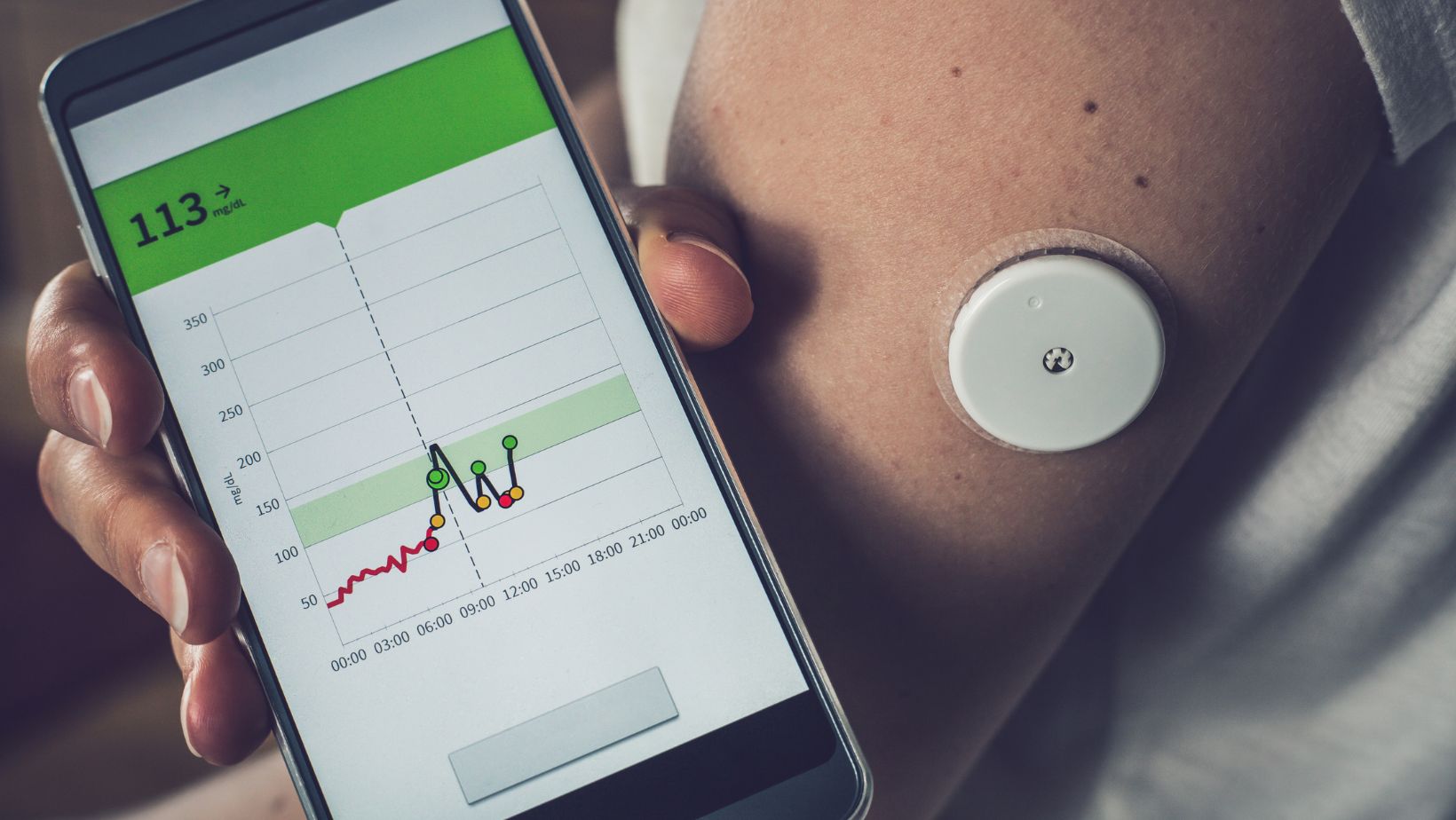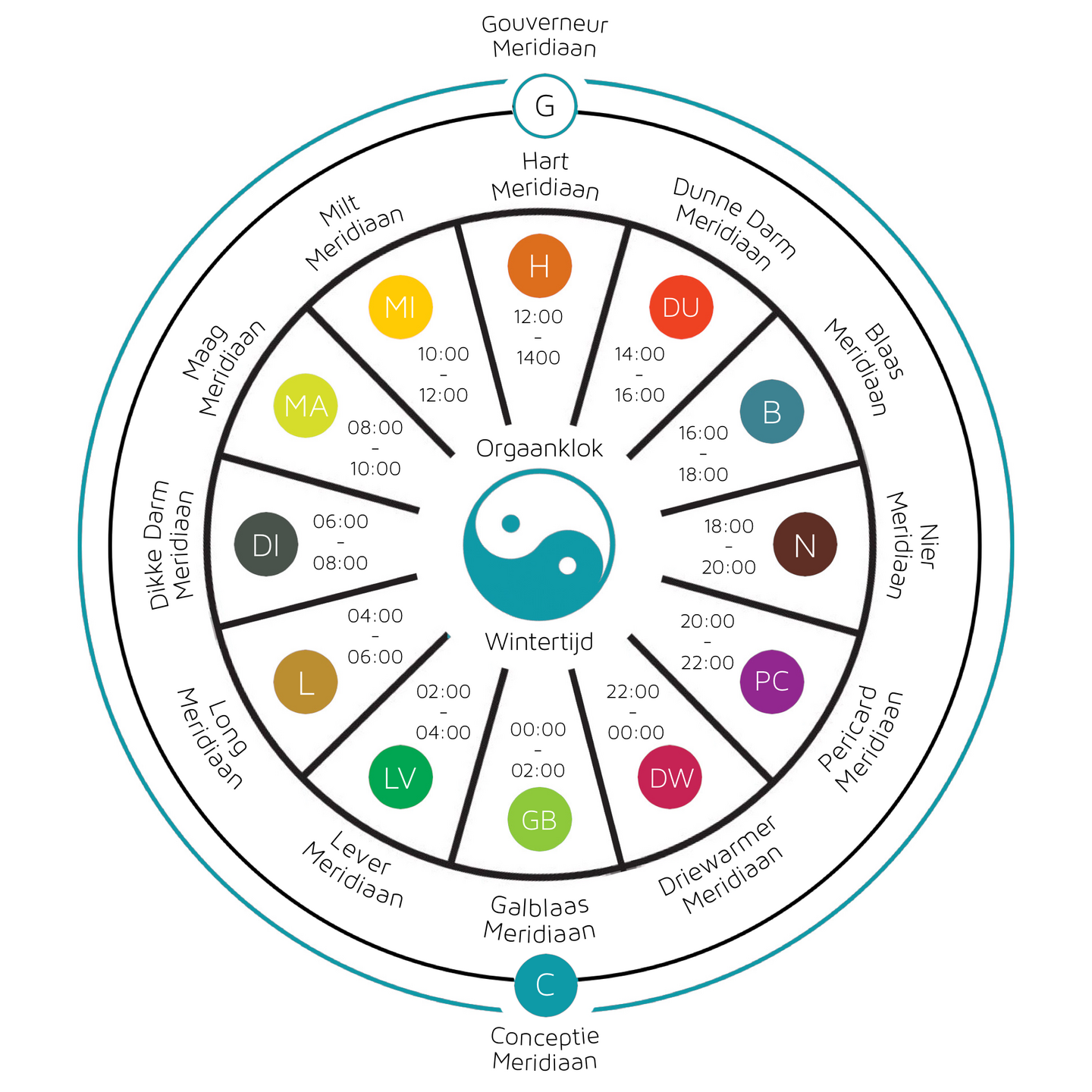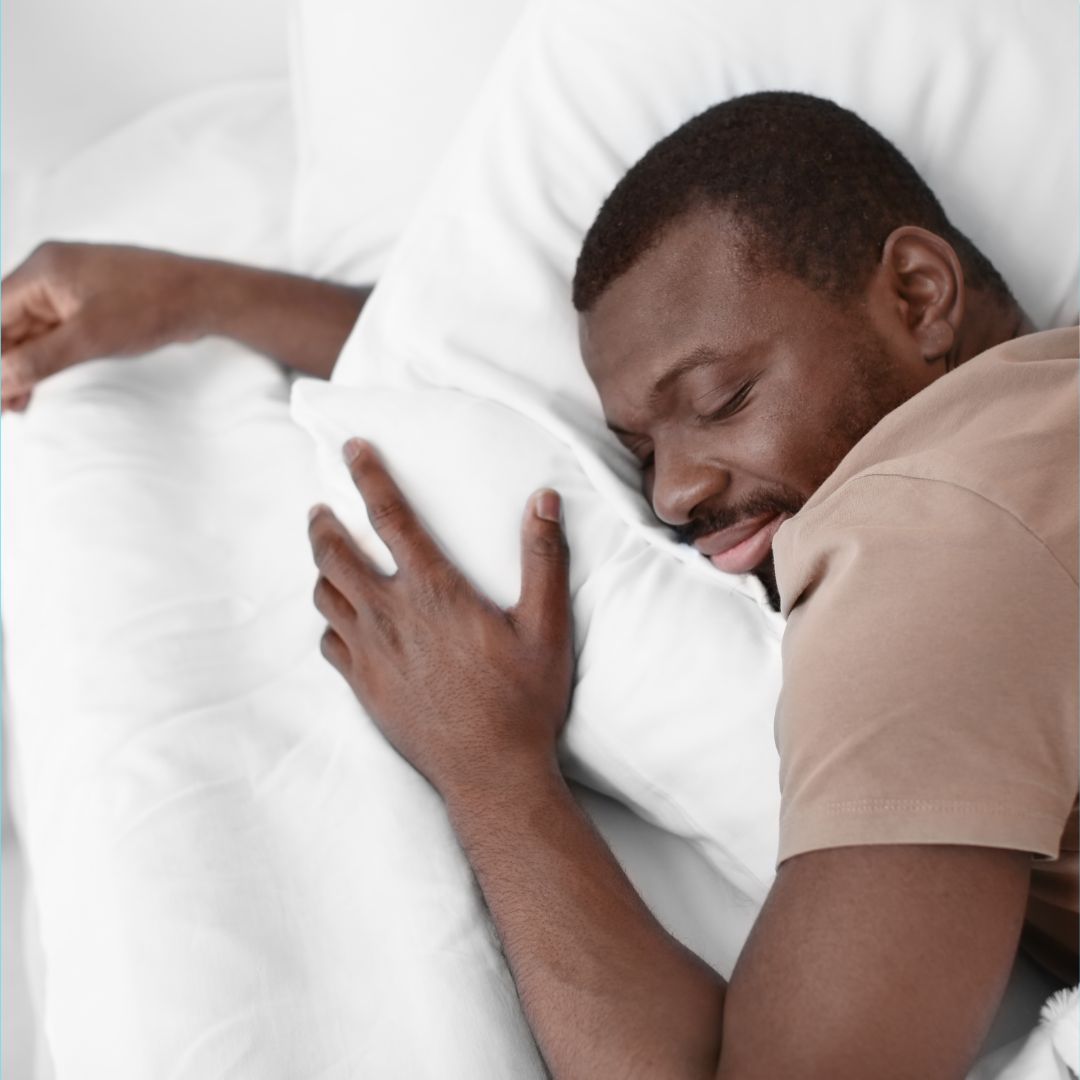There are no products in your shopping cart yet.
The influence of testosterone on sleep

Poor Sleep and the Influence of Hormones. A good night's sleep is essential for our well-being. Yet, many of us struggle with sleep issues, ranging from difficulty falling asleep to waking up frequently during the night. It's one of the most common reasons people start using our creams. Often, a hormonal imbalance is at the root of poor sleep. However, this issue is more complex than one might think, as multiple hormones, such as insulin and cortisol, alongside testosterone, can play a role.
Low Testosterone Levels and Sleep Problems
Difficulty Falling Asleep
Testosterone plays a crucial role in regulating the sleep cycle in men. This hormone affects the functioning of certain neurotransmitters in the brain, such as gamma-aminobutyric acid (GABA) and serotonin, which contribute to promoting sleep. A low testosterone level can disrupt this balance, leading to insomnia. Men with a testosterone deficiency may find it harder to fall asleep, which can decrease overall sleep quality. This deficiency can be caused by various factors, including age, stress, or medical conditions.
Poor Sleep Quality
In addition to difficulty falling asleep, men with low testosterone levels may also struggle to maintain deep, restorative sleep. Testosterone is essential for regulating sleep architecture, including the deep sleep stages where the body recovers and regenerates. Without sufficient testosterone, these deep sleep stages can be disrupted, resulting in poor sleep quality. This may manifest as symptoms such as fatigue, lack of energy, and reduced concentration during the day.
Night Sweats
Night sweats are a common complaint among men with low testosterone levels. This symptom can not only disrupt sleep due to discomfort and difficulty falling back asleep, but it can also indicate a broader hormonal imbalance. Night sweats can be a sign of fluctuations in hormone levels affecting the body's temperature regulation system. This disruption can lead to excessive sweating during the night, further disturbing the sleep cycle and contributing to poor sleep.
Sleep Apnea
Low testosterone levels have also been linked to an increased risk of obstructive sleep apnea (OSA). OSA is a condition where the airways become repeatedly blocked during sleep, leading to interruptions in breathing and a reduction in oxygen supply to the body. Testosterone plays a role in maintaining muscle mass and tone, including the muscles in the airways. A testosterone deficiency can lead to decreased muscle tone, contributing to airway relaxation and increasing the risk of sleep apnea. This can create a vicious cycle, where sleep apnea further reduces sleep quality and contributes to even lower testosterone levels.
How to Optimize Your Testosterone Levels
- Engage in regular exercise, especially strength training.
- Ensure a healthy fat intake, as healthy fats contribute to hormone production.
- Try to reduce stress, as stress hormones like cortisol can disrupt testosterone production.
- Consider using Masculine Balance Therapy to naturally increase your testosterone levels.

Insulin and Sleep
Insulin is a hormone that helps regulate your blood sugar levels. When you eat, your blood sugar rises, and your body produces insulin to lower it and deliver nutrients to your cells. Fluctuations in your blood sugar throughout the day are normal, but large swings can severely disrupt your sleep. High sugar or carbohydrate intake just before bed can cause a spike in your blood sugar, followed by a rapid drop (hypo). This can cause you to wake up at night and struggle to fall back asleep or result in very shallow sleep. In most cases, you feel quite tired the next day.
Tips to Keep Your Insulin Balanced for Better Sleep:
- Avoid heavy meals and sugary snacks before bedtime.
- For problematic sleepers, avoid strong blood sugar spikes during the day, as they can cause restless blood sugar levels throughout the night. Eat sugar only as part of a meal and not on an empty stomach (this includes fruit).
- Choose a light, protein-rich snack if you want to eat something just before bed.
- Don't eat too often. Every time you eat, your pancreas has to work to produce insulin. When you've been eating more or less all day for years, you can develop insulin resistance. Your body makes insulin, but it can't reach your cells anymore. Your body produces more insulin without any result. Most of what you eat then gets stored as fat, and it becomes a precursor to type 2 diabetes.
- Consider taking Berberine for a while to help maintain healthy blood sugar levels.

Cortisol and Its Impact on Sleep
Cortisol is known as the stress hormone. Normally, your cortisol levels are highest in the morning and decrease towards the evening, preparing you for sleep. However, chronic stress can lead to elevated cortisol levels, disrupting your sleep pattern. People with high cortisol levels often wake up between 1 and 3 a.m.
Tips to Lower Your Cortisol Levels for Better Sleep:
-
Create a relaxing bedtime routine, such as taking a warm bath or meditating.
-
Limit your exposure to blue light from screens before bed. The impact of an evening on your phone, tablet, or laptop on your sleep is often underestimated. Alternatively, buy special glasses.
-
Take nutritional yeast flakes before bed (and if necessary, during the day). This is the most absorbable form of vitamin B1 and directly calms the nervous system.
-
Is there anything you can do about the stress in your life? Are there choices that can be made? Try to reduce stressful situations and thoughts through mindfulness or yoga.
The Organ Clock and Sleep Problems
Traditional Chinese medicine believes in the organ clock, a concept that describes the 24-hour cycle of organ function in our body. According to the organ clock, specific organs are most active at certain times, which can explain why you wake up at specific times.
- Difficulty Falling Asleep: Can be related to an imbalance in insulin or cortisol. High cortisol levels can make you feel too alert in the evening.
- Waking Up Between 1 and 3 a.m.: This period is linked to the liver. Stress and high cortisol levels can disrupt liver function and interrupt your sleep.
- Waking Up Between 3 and 5 a.m.: This time is associated with the lungs. It can be related to emotional stress and breathing issues, including (histamine) intolerance.
- Waking Up Between 5 and 7 a.m.: This time is linked to the large intestine. It may indicate a problem with your digestion and detoxification. Consider taking Berberine to restore your gut health
- Frequent Urination. This can indicate a problem with your kidneys or bladder and can also be caused by elevated cortisol levels or insulin resistance.

Conclusion on Poor Sleep and the Influence of Hormones
Understanding the impact of insulin, cortisol, and testosterone on your sleep can help you make targeted lifestyle changes. By keeping your blood sugar levels stable, managing your cortisol levels (stress), and optimizing your hormonal balance, you can significantly improve your sleep quality. Masculine Balance Therapy can be a valuable addition to balance these hormones, ultimately contributing to better sleep and a healthier life.
Sleep well
No comments found.
 English
English



